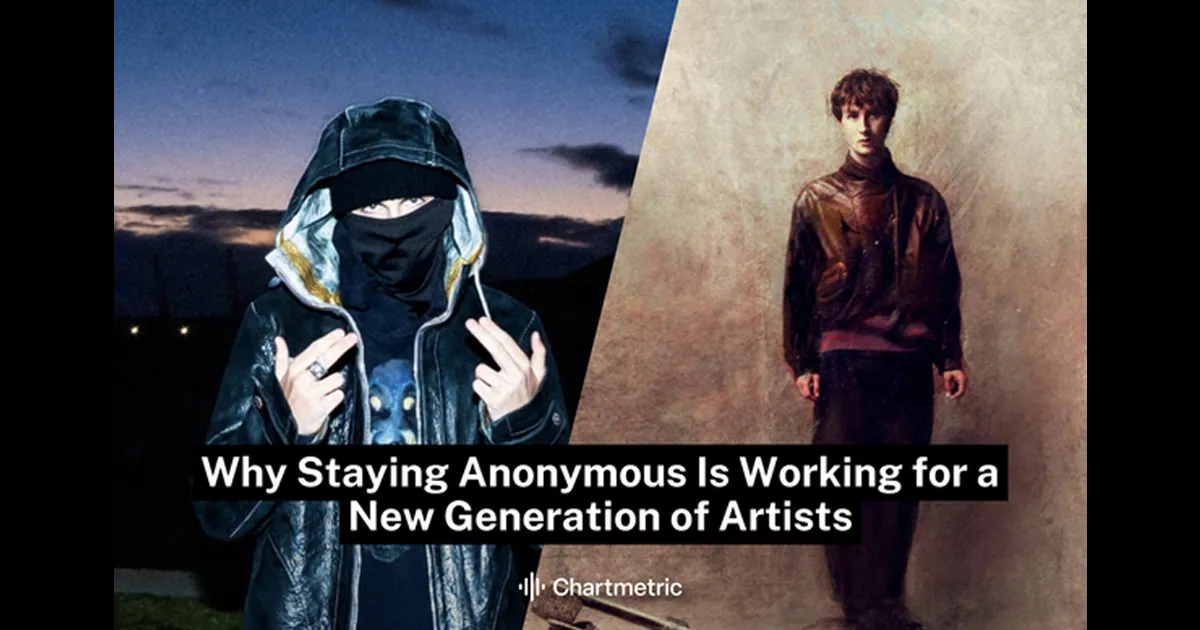Jeff Price, CEO of the digital music distributor TuneCore, has been vocal about his disagreements with Tommy Silverman in the past, but when charged with the account of helping clutter the music environment with crap in a recent WIRED feature on What's Wrong With The Music Biz, Price became quite apologetic:
"We're sorry that the fact that people are buying music from TuneCore Artists is stopping people from buying music that Tommy likes. If Tommy could only control what music you get exposed to you would be more inclined to buy his music. It's actually a brilliant strategy: limit choice, force the releases you want to sell down people's throats, control what music is exposed by the media outlets (like radio and MTV) and then take all the money from the sales that come in. Oh wait, my mistake, that's the way it was in the old music industry, and 98% of what the majors labels released failed. [Limiting] choice does not make music sell." (more)




